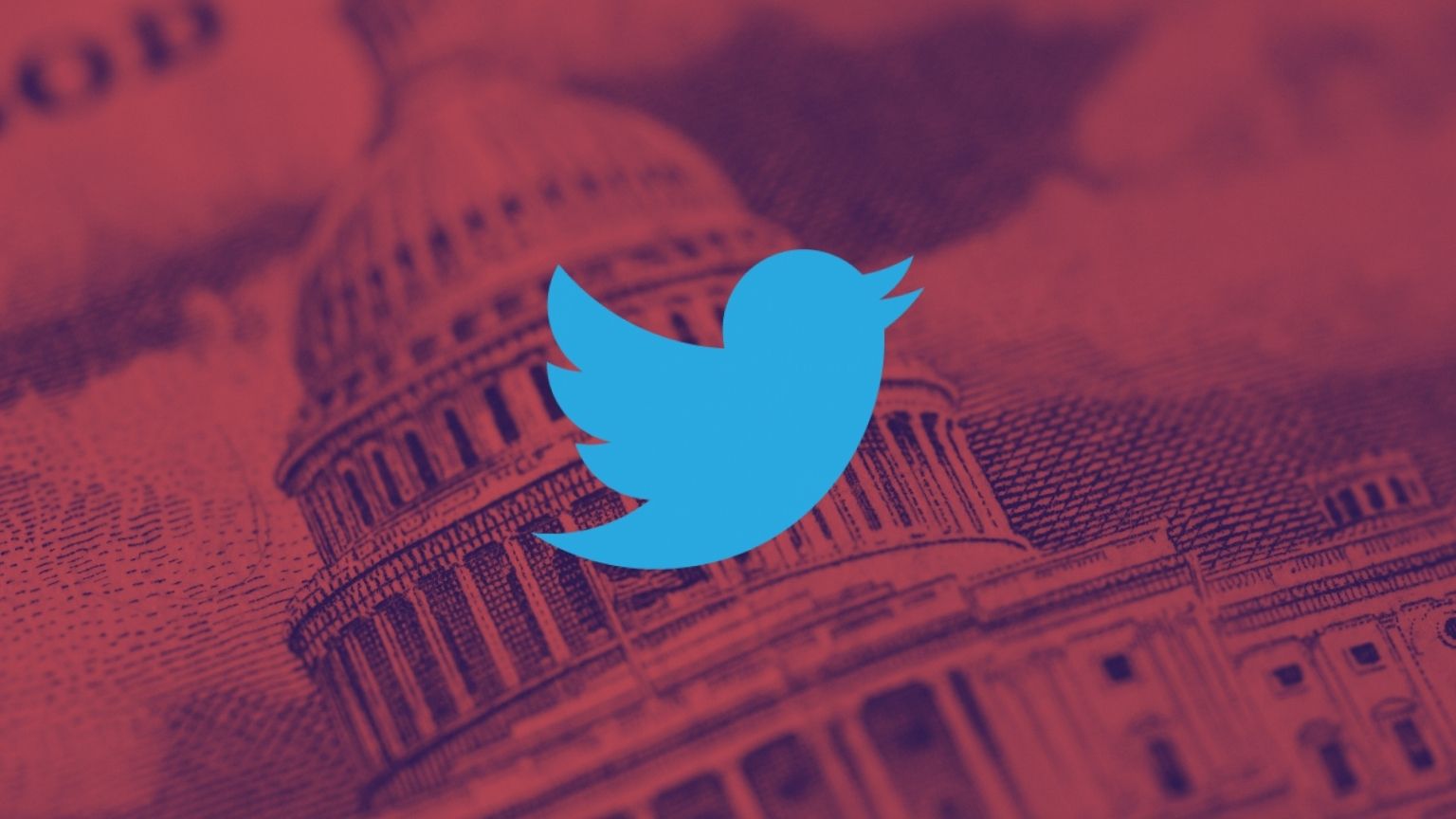Twitter is showing itself as a proponent of government-regulated tech, but it has its own slant and this policy is laid out in a paper that lists a number of suggestions to US Congress.
Echoing a proposal made earlier by Google-owned Jigsaw to come up with new standards for the internet as a way to supposedly guarantee that it stays “open, private, and protecting human rights,” Twitter, too, suggests that the internet should be built “on open standards.”
Some interpret this as a way the company would like to protect itself from being at times blocked by various governments – since the “standards” argument has to do with guaranteeing access to sites.
Another suggestion seems to build off of the attention given to former Facebook employee Frances Haugen, who came after the company for the way it uses algorithms to recommend content she takes issue with. Twitter argues that recommendation and ranking algorithms should be subject to human choice and control – something Haugen has also called for.
At the same time, this coincides with an effort by Democrats to push through a bill that would amend Section 230 to remove protections given to internet platforms who use personalized recommendations algorithms, particularly those causing “emotional injury.”
More alignment with Haugen’s positions is seen in the suggestion to write laws that would allow for trust through transparency – and achieve that by forcing social media to turn over more user data to researchers.
But Twitter’s paper was not only coordinating with what’s already out there in terms of proposals to regulate tech. One of the suggestions clashed with some legislative proposals now in Congress, suspecting that they might undermine competition and choice, as opposed to what Twitter says it calls for: laws and regulations that would bolster them.
Twitter could be genuinely concerned about the future of the open internet and the welfare of its users. Alternatively it, along with several other major players, could be engaging in a Big Tech turf war targeting Facebook, sensing that the giant competitor might be weakened by the most recent onslaught against it.













